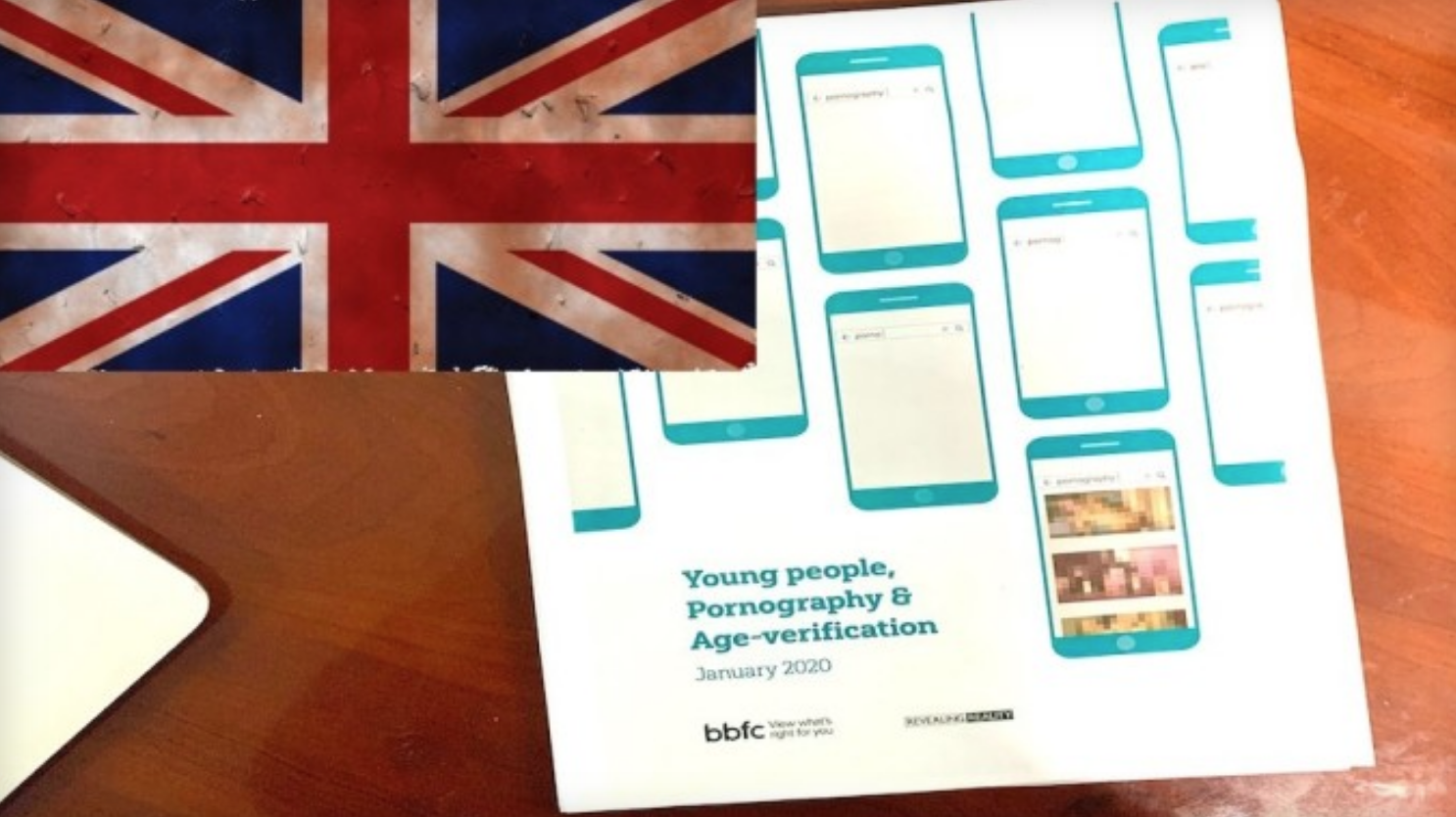U.K. Age Verification Report Prompts Puzzled Reactions (XBIZ)
Read the full article at XBIZ.com
LONDON — Although the Conservative U.K. government has refused to make a controversial report it commissioned from a private research and intelligence agency readily available, a copy of the full report, titled "Young People, Pornography & Age Verification" and dated January 2020, is circulating among media and academic sources.
XBIZ obtained a copy of the full report, prepared for the British Board of Film Classification (BBFC) by a private agency called Revealing Reality, which describes itself as "a behavioral insights agency working on a range of complex research projects."
The BBFC commissioned the report to provide support for the 2017 Age Verification (AV) mandate, widely criticized by Freedom of Speech advocates and prestigious groups who defend digital rights, which seeks to implement an AV scheme applicable to all U.K. computers connected to the internet.
"The research, undertaken by Revealing Reality, demonstrates the need for urgent intervention to protect [minors] online by imposing age-verification, and provided important context by exploring what [minors] and parents currently think about online pornography and how young people are accessing it today," writes BBFC Chief Executive David Austin in the foreword to the published report.
In October 2019, the U.K.'s then-Secretary of State Nicky Morgan said that the government was backtracking from their efforts to implement an age-verification protocol. However, the new report quotes the Secretary's statement in support of continuing efforts to revive the plan.
"While the introduction of age-verification for online pornography has been delayed in the U.K., it remains an important child protection measure and will be introduced as part of the Government's broader online harms strategy," Austin explains in the foreword.

